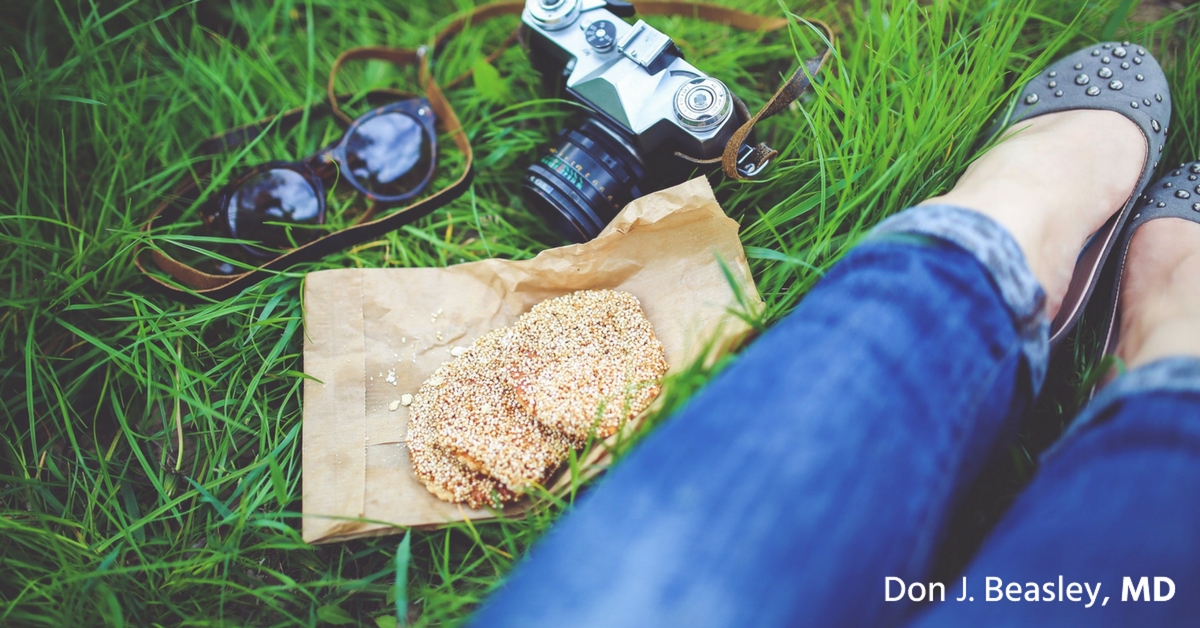We all know the misery of sinus pressure, a stuffy nose, or post-nasal drip. But…

4 Ways to Prepare Your Sinuses for Spring
The winter holidays are over, and for those who suffer from outdoor allergies, so is the vacation from worrying about nasal congestion. The wintertime respite from pollen and other plant generated allergens is about to give way to springtime stuffiness and sneezes. Even though seasonal allergy sufferers face a vicious yearly cycle, there are ways to minimize the severity of their reactions to environmental allergies. If you suffer from spring hay fever, be proactive in the winter to boost your immunity and overall health. Prepare your sinuses for spring by taking these four action steps:
1. Eat a nutritious, hypoallergenic diet
Studies show that those who suffer from seasonal allergies are also more prone to other allergies, such as food or pet hair. For this reason, it’s a good idea to limit foods that trigger other allergy symptoms, such as eczema or inflammation. For example, caffeine, nuts and shellfish can be dietary triggers for some people. Consider seeing an allergy specialist to help you determine if you have any food allergies in addition to seasonal allergies. In addition to avoiding food allergens, you’ll want to pack your meals full of berries and leafy green veggies. These foods are often rich in immune-boosting vitamin C and have anti-inflammatory properties.
2. Take time to rest
Severe sinus allergies can not only disrupt daily activities, but can also rob sufferers of much-needed sleep. For many people, allergy symptoms can worsen when they are operating on a sleep deficit. In the winter months, when nights are long and beds are cozy, take the time to build up a sleep surplus. This will contribute to your overall wellness and energy levels when spring pollen threatens to zap your strength. Being well-rested also decreases chances of secondary infections that can develop from allergy-related congestion.
3. Visit an ENT
If you’ve had severe bouts of spring allergies in the past, it can be a good idea to visit an Ear, Nose and Throat specialist before the peak pollen season hits. Talk to your doctor about your previous experiences and inquire about the best treatments and precautionary measures to stem future episodes of sinus discomfort.
4. Pamper your airways
While winter is free of pesky pollen and other plant debris, it does present a different problem for your breathing passages. With home and office furnaces blasting hot, dry and sometimes dusty air, many people with sensitive sinuses suffer from from irritated lungs, throat and nasal cavities. Be sure to change your furnace filter frequently to cut down on dust and dander. Invest in a good humidifier to moisten the air. Treating your sinuses well in wintertime will set them up to be healthier when spring rolls around.
For many allergy sufferers, there’s no easy escape from the effects of springtime pollen on their sinuses. But by taking steps build up your total health and by being proactive about visiting your ENT, you stand the best chances of enduring–and possibly even enjoying all spring–has to offer.



